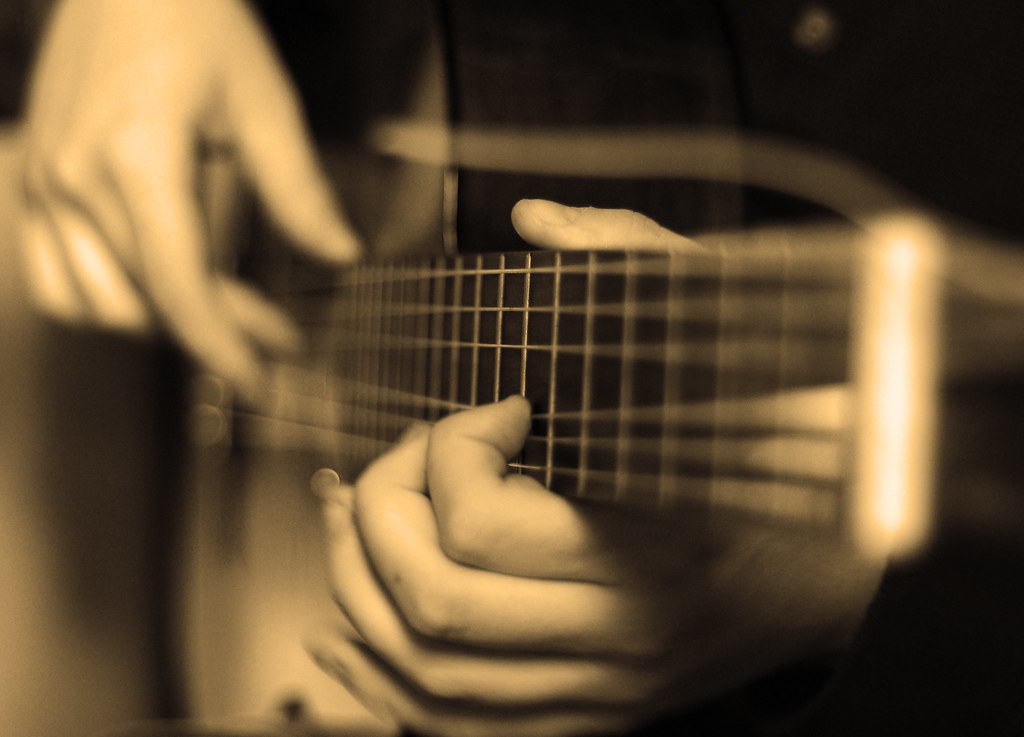The clock strikes 12, and there is silence. My apartment from the street appears to be dark, but the light in my room is on; I am wide awake with my best friend.
He has many scars from my abuse over the years — deep scratches, soft blemishes, light scuffs. Nevertheless, with my tuning, he still sings beautifully. His voice, mellifluous, rings out in the silence.
He is an antique, my most prized possession, my best friend — my guitar.
They all chose the violin, trumpet, and oboe in the fourth grade. He was standing all alone in the corner, like a puppet without a master. I heard his silent calls to me, picked him up, and gave it a try. I forever could not let go.
But I was not the only one.
They were from all walks of life — a teacher, a lawyer, an engineer. It didn’t matter; he brought them all together. It didn’t matter what they had — cancer, hip fractures, heart attacks. He did not discriminate. He was there for them all, allowing them to reminisce about their youth. He brought them a peculiar nostalgia and emotion that blossomed from within. It came out of them with tears, smiles, sadness. After I introduced him to them, they could never let go.
It was my first year of medical school when I first played for them. It was a part of a newly formed music group: Sophie’s Beat. Our music brought hope and joy to the patients of St. Barnabas Hospital in the Bronx of New York City. Each of their idiosyncrasies — illness and cultural differences–would be extinguished by the unifying flavor of music we would play. My best friend would slowly bring a smile to the faces of many, providing a unique and unparalleled satisfaction of healing the soul, instead of the flesh. It was a new kind of medicine, one that did not require any clinical trials or research. It was simple. It was empowering. It was music.
Image credit: Guitar (CC BY 2.0) by Andrew Imanaka

